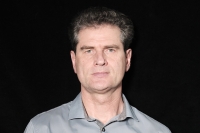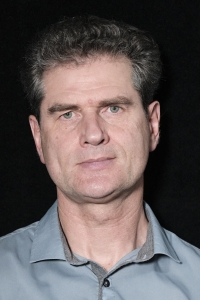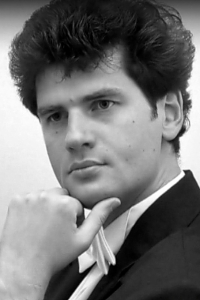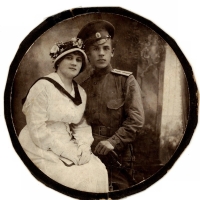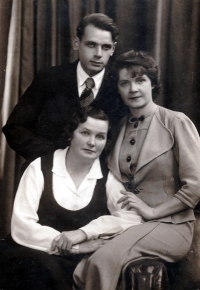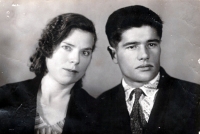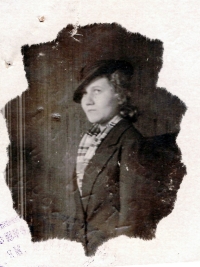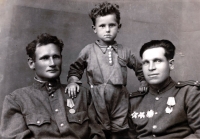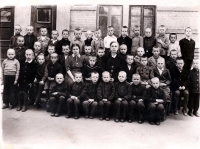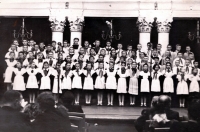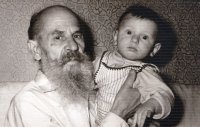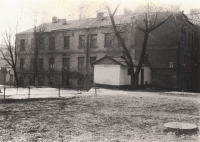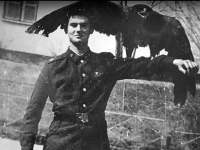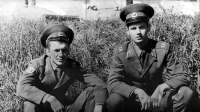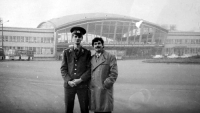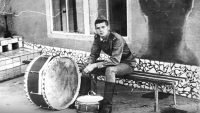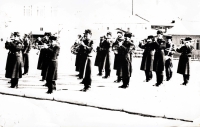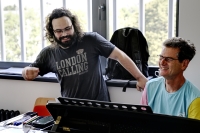When I first came to Czechoslovakia and wanted to socialize, everyone thought I was crazy.
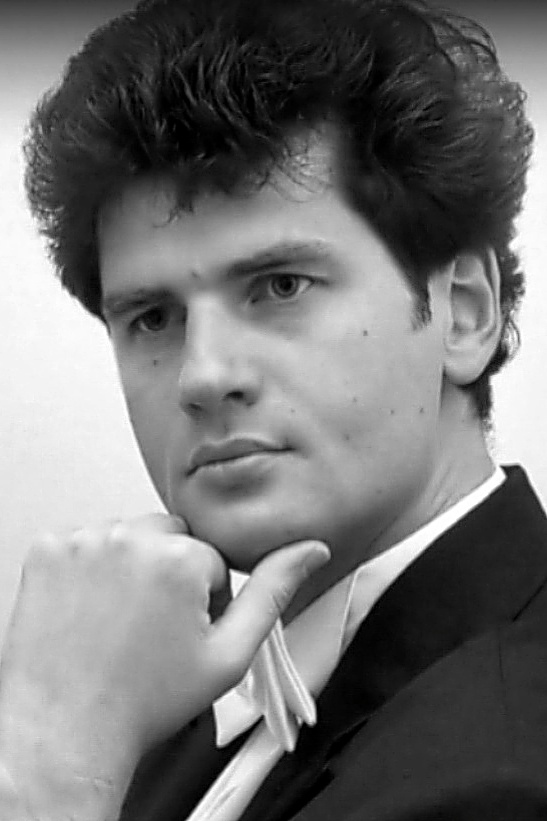
Download image
Yuri Galatenko was born on 20 January 1964 in Kiev, in the former Soviet Union. His father was a flutist, his mother a music teacher, his grandmother an award-winning choir director. He graduated from a selective primary and secondary music school for talented children. After a year of study at the Kiev Academy, he received a draft order. He served in the People’s Republic of Mongolia. He studied choral conducting and then orchestral conducting at the Kiev Academy of Music. He experienced how the Soviet government concealed information about the explosion at the Chernobyl nuclear power plant. He led the university choir of the Kiev Polytechnic Institute, and conducted the philharmonic orchestra in the city of Rivne. He taught conducting at the Kiev Conservatory. He lived through the collapse of the Soviet Union and the independence of Ukraine in 1991. In 1998 he moved to the Czech Republic. He joined the choir of the National Moravian-Silesian Theatre in Ostrava. During his tenure he won numerous awards at international choral competitions. In 2023 he lived in Ostrava.
